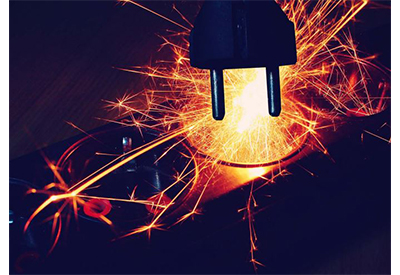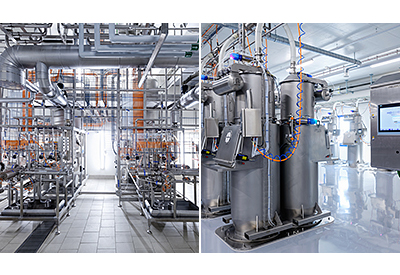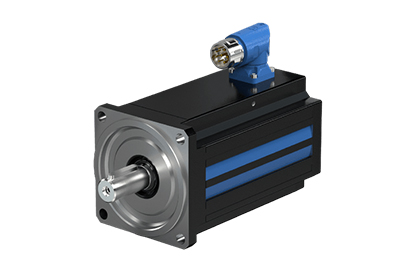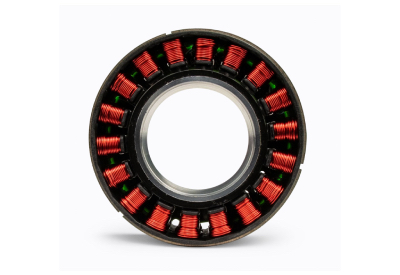Littelfuse Survey Reveals Electrical Shock Prevention Needs a Jolt of Change

October 19, 2021
Littelfuse, Inc.,, an industrial technology manufacturing company empowering a sustainable, connected and safer world, reported its annual electrical safety survey exposed that almost all respondents had witnessed someone working on or near energized equipment of more than 50 volts. Over 50 volts puts people at risk for electrical shock and electrocution.
The survey, of over 400 people whose job is either involved in safety or work directly with electricity, tried to understand the rationale behind why electrical workers often take unsafe actions. It also uncovered the challenges safety professionals and consultants experience when trying to keep these workers safe.
“There are too many worker injuries and fatalities each year due to electrical shock, and we must do a better job preventing these incidents,” said Peter Kim, vice president and general manager, Littelfuse Industrial Business Unit. “Developing an awareness of how and why these incidents occur is the first step and then advocating for Safety by Design—using engineering controls such as Ground Fault Circuit Interrupters (GFCIs)—is the best way to keep workers safe.”
A full report is available that discusses the Littelfuse survey findings such as:
- – 93 percent stated that they witnessed someone working on or near energized equipment of more than 50 volts and 1/3 stated the equipment was not considered “critical”
- – 78 percent stated that they personally have experienced an electric shock while on the job
- – 36 percent stated they do not always wear the recommended level of personal protective equipment (PPE) while working on or near energized equipment of more than 50 volts
- – 40 percent of safety professionals and consultants said they faced budget constraint obstacles when trying to gain approval for an electrical safety improvement project at their company
This report also provides an in-depth discussion of:
- – The mindset of electrical workers and safety professionals
- – Why companies must take a more direct approach to electrical shock mitigation
- – Why electrical shock incidents are more serious than the data reflects
- – The let-go threshold and the line between injury and death
- – How Prevention Through Design is better than human-based safety methods









